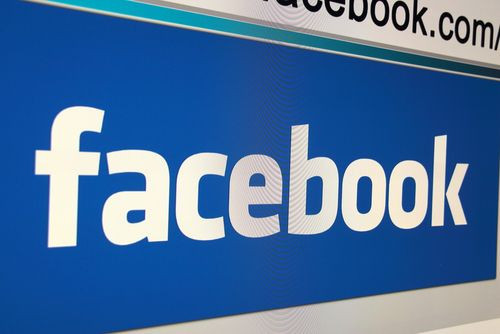Facebook May Be Taking A Toll On Your Mental Health: When Ignored On Facebook, People Exhibit Decreased Feelings Of Self-Worth

If no one likes, comments, or shares your Facebook status, do you feel lonely? Worthless? Annoyed? Angry?
Don’t worry, you’re not alone.
According to research by the University of Queensland’s School of Psychology in Australia, people who are ignored on Facebook have lower levels of belonging, self-esteem, control, and meaningful existence.
In an attempt to understand the relationship between loneliness and Facebook, the researchers conducted two studies with 76 undergraduate psychology students from the University of Queensland. The participants were 64.5 percent female and 35.5 percent male.
In one study, half of the group was allowed to post on Facebook, while the other half was not allowed to post for approximately two days.
The study revealed that not posting on Facebook had a negative impact on need fulfillment. The study also established that being on Facebook, but not sharing information, relative to sharing as usual, decreased the participant’s sense of belonging and meaningful existence.
In the other study, all of the participants were allowed to post on Facebook in a laboratory setting. Half of the group were unknowingly set up to receive no feedback on their posts or acknowledgement of their existence.
The group who received feedback on their posts felt their status updates affected their need fulfillment. The group who received no feedback on their posts felt ostracized, invisible, excluded, and less important than those enjoying virtual fulfillment.
In conclusion, the researchers, led by Dr. Stephanie Tobin from the University of Queensland’s School of Psychology, wrote: “Our findings suggest that it is communication, rather than simple use, that is key in producing a sense of belonging. When sharing or feedback is restricted, belonging suffers.”
In an earlier study done by the University of Michigan, psychological problems were also linked to Facebook. The study found that the more college-aged adults use Facebook, the worse they felt. It also found Facebook use led to declines in overall life satisfaction.
Despite Facebook being linked to negative psychological effects, it is still the number one social network used worldwide, according to eMarketer, a digital marketing firm. Google+ and YouTube ranked second and third.
Source: Tobin S, Vanman E, Verreynne M, Saeri A. Threats to belonging on Facebook: lurking and ostracism. Social Influence. 2014.
Published by Medicaldaily.com



























